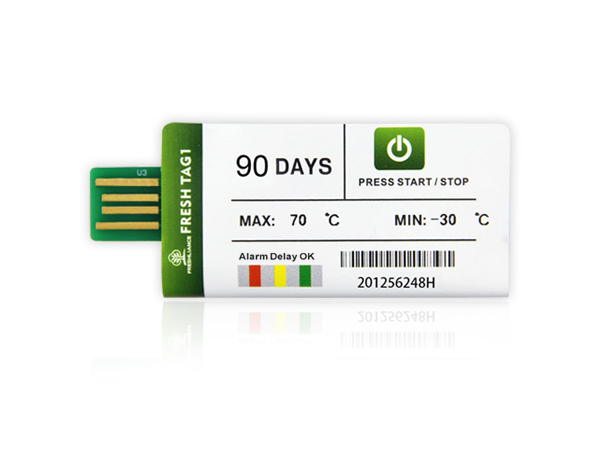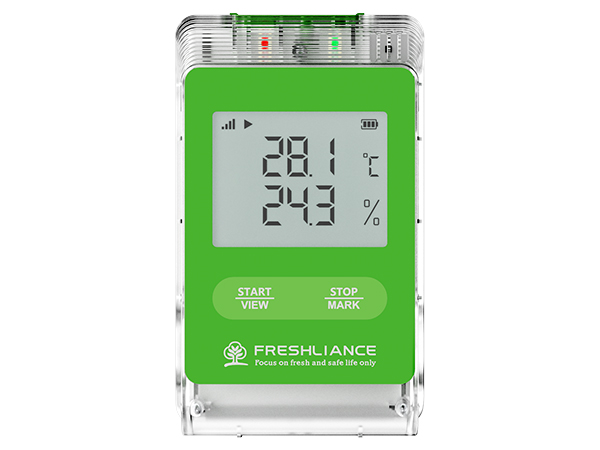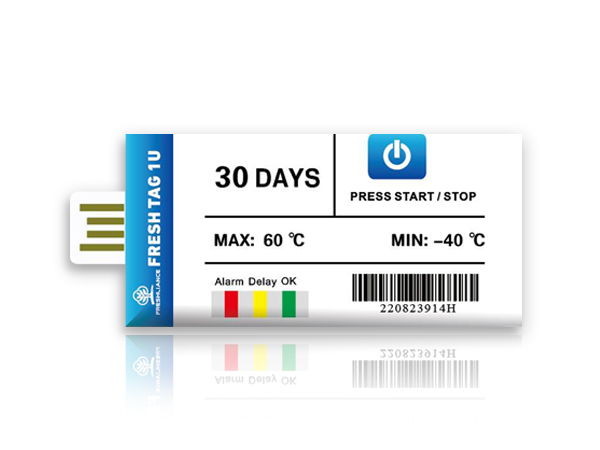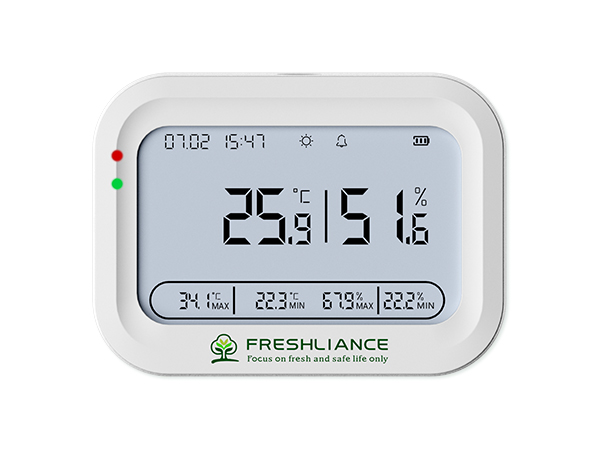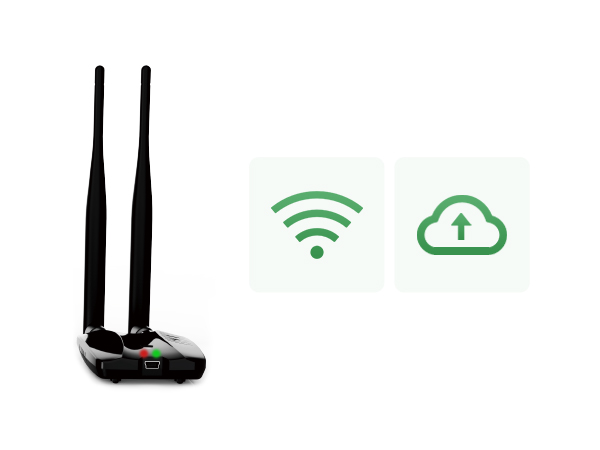Apricots are seldom stored in large quantities, although they keep well for 1 to 2 weeks, or possibly even 3 to 4 weeks, depending on cultivar, at -0.5 °C to 0°C and a relative humidity of 90-95% RH. Chilling sensitive cultivars develop chilling injury symptoms (gel breakdown, flesh browning, loss of flavor) more rapidly at 5°C than at 0°C. Storage at 0°C is necessary to minimize incidence and severity of chilling injury on susceptible cultivars.
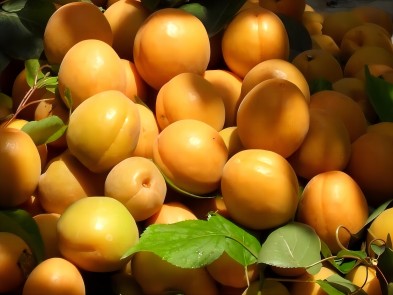
Gel Breakdown or Chilling Injury: This physiological problem is characterized in the earlier stages by the formation of water-soaked areas that subsequently turn brown. Breakdown of tissue is sometimes accompanied by sponginess and gel formation. Fruit stored at 2.2-7.6°C have short market life and lose flavor. Pit Burn: Flesh tissue around the stone softens and turns brown when the apricots are exposed to temperatures above 38°C before harvest. This heat injury increases with higher temperatures and longer durations of exposure.

Fresh Tag 1D is a disposable PDF temperature data logger with LCD display function that makes it easy to view real-time temperature data. Its built-in PDF file generation function allows the logger to be plugged into a PC to generate unmodifiable PDF data reports without additional software.This disposable PDF temperature data logger has the advantages of low cost, easy operation and small space occupation. The product is made of food grade packaging materials. It is compact, light, waterproof and widely used. It is an ideal choice for monitoring and recording the temperature changes of sensitive goods during transportation. Fresh Tag 1D Single Use PDF temperature data logger is mainly used to record the temperature of fruits and vegetables, food, drugs, chemical products and other products. It is widely used in cold chain storage and logistics of refrigerated containers, refrigerated trucks, refrigerated bags, refrigerated cabinets, medicines, etc.

 English
English Español
Español Русский
Русский Français
Français Deutsch
Deutsch عربي
عربي 中文
中文